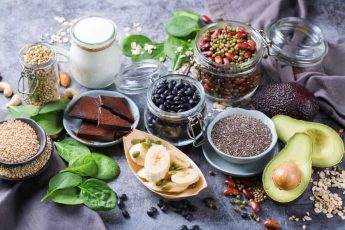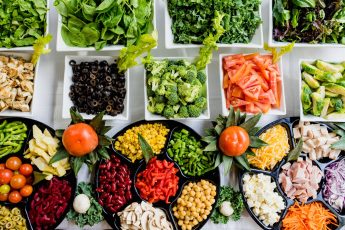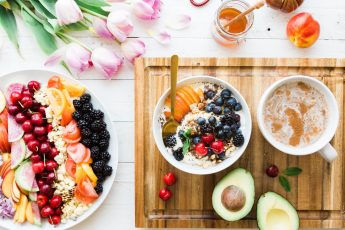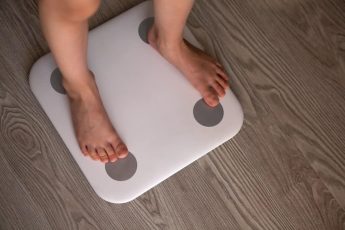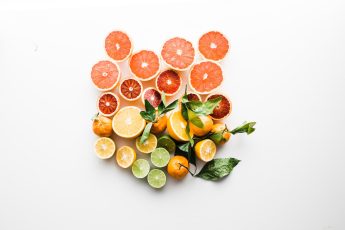7 Steps to Eat Less Sweets
Nowadays, experts call sugar a drug and a craving for it is an addiction. If we consume sugar at this time, it produces the pleasure hormones serotonin and dopamine in the body. Therefore, if we don’t consume sweets for a long time, we become irritable, capricious, and if we eat, for example, even a cake, we start to look at the world through rose-colored glasses.
But according to many, sugar is not a vital element that the body can’t do without. Suppose you are aware of this. You will take the first steps in the fight against sugar addiction. So you need to do it as soon as possible and decide to quit sugar. And to make it easier to cope, these seven steps will help you.
1. Learn to distinguish between good and bad sugar
The body needs carbohydrates to produce energy, also found in sugar. Only the best way to get energy is from healthier foods than sugar. An excellent source of carbohydrates is vegetables and cereals. These include carrots, potatoes, rice, pasta, and various grains. The carbohydrates they contain provide the body with fullness and vigor for a long time, not just for a few minutes but for a few hours.

Also, these products are rich in various valuable minerals, vitamins, and fiber, which is very beneficial for the body’s digestive tract. And consuming different buns, cakes, fizzy drinks, and fast food, you will get no benefit.
2. Replace sugar with proteins and fats
Sugar is complex carbohydrates, which of course, the body also needs. But it is better to have proteins and fats in your diet. The consumption of such products will only bring benefits. If you consume protein, you will have stable glucose in the blood, and fats saturate the body for a long time, and you will feel satiated.
It would be best to make it a habit to distribute your meals menu over several days, or better for a week. Calculate when and how you will be able to eat. It is essential. If you are complete, you won’t be tempted to have a quick bite of any fast food or a sweet bun, cake, or glass of sweet tea.
3. You don’t need to eat a lot of sweeteners
Sweeteners are mostly of chemical origin. So naturally, they are not helpful, but on the contrary, harmful to the body and health in general. It is better to replace sugar with natural products, which are raw sugar: fructose, agave syrup, honey. Of course, you should consume it in moderation.

4. Read food labels when shopping
The products you buy: juices, smoothies, sauces, ketchup, preserves, salads, etc., almost always have sugar. Even the fact that a product has a statement on the label that it does not contain sugar does not mean anything. Such a product may contain a sugar substitute, even worse than the regular sugar content.
Learn and make a habit of cooking at home. Therefore it is necessary to study the composition of purchased products carefully. And even better to refuse to buy store-bought culinary products, various pastries, do not buy half-finished products. So you can be sure that you are eating healthy foods that are not harmful to your health.
5. Learn not to bury your emotions
In times of stress, fatigue, and anxiety, there is an uncontrollable and momentary desire to eat something sweet. But it is better not to do this because it is possible to cope with emotions without sugar. After all, sugar produces pleasure hormones.
The main thing in the fight against a harmful condition is the right attitude. It is better to cope with a bad condition in other ways. It can be watching a favorite movie, going for a walk, doing a favorite activity, getting a massage, going to the beauty salon, reading a book, etc. Endorphins are also produced during exercise.

6. You need a good night’s sleep.
In 2004, they did research at the University of Chicago Medical Center, and they proved that poor sleep has a horrible effect on a person’s food intake. If you have insomnia and do not sleep for at least one night, you will already be hungry at that time. And this will consequently cause you to reach for foods high in calories and rich in carbohydrates.
7. Don’t tempt yourself
Are you sure you can resist the temptation to eat a chocolate bar if it’s in your desk drawer? Or have you bought some cake or a box of cakes to give to your friends who are coming to visit on the weekend? It’s much easier to avoid that temptation when it’s not there.
